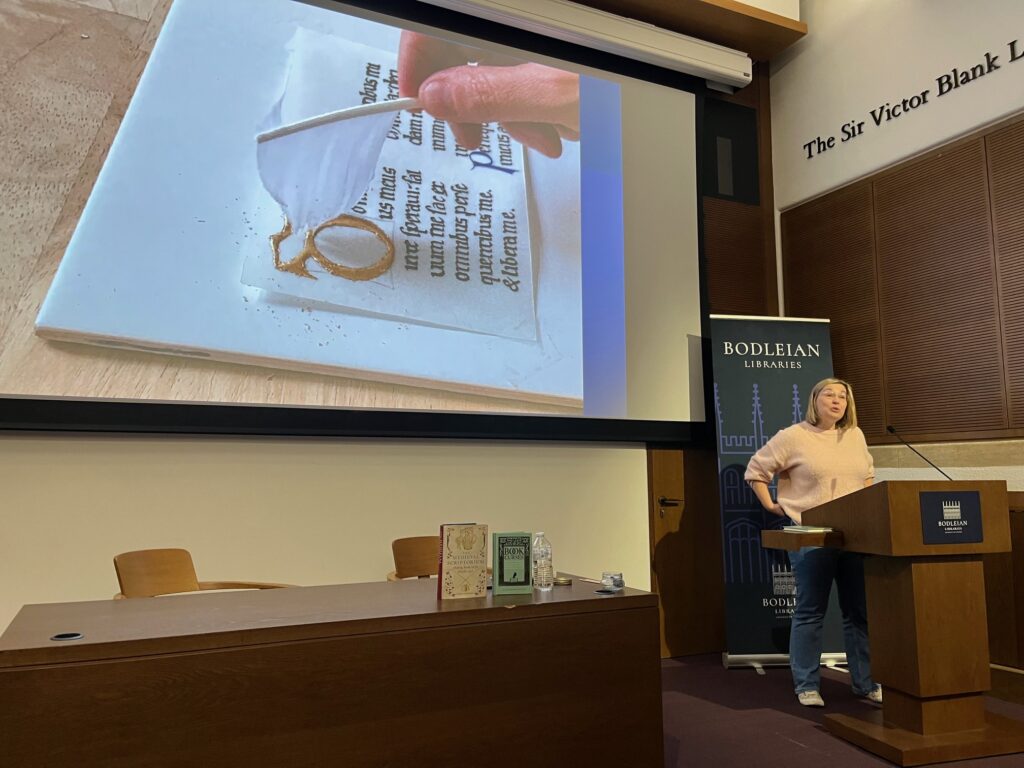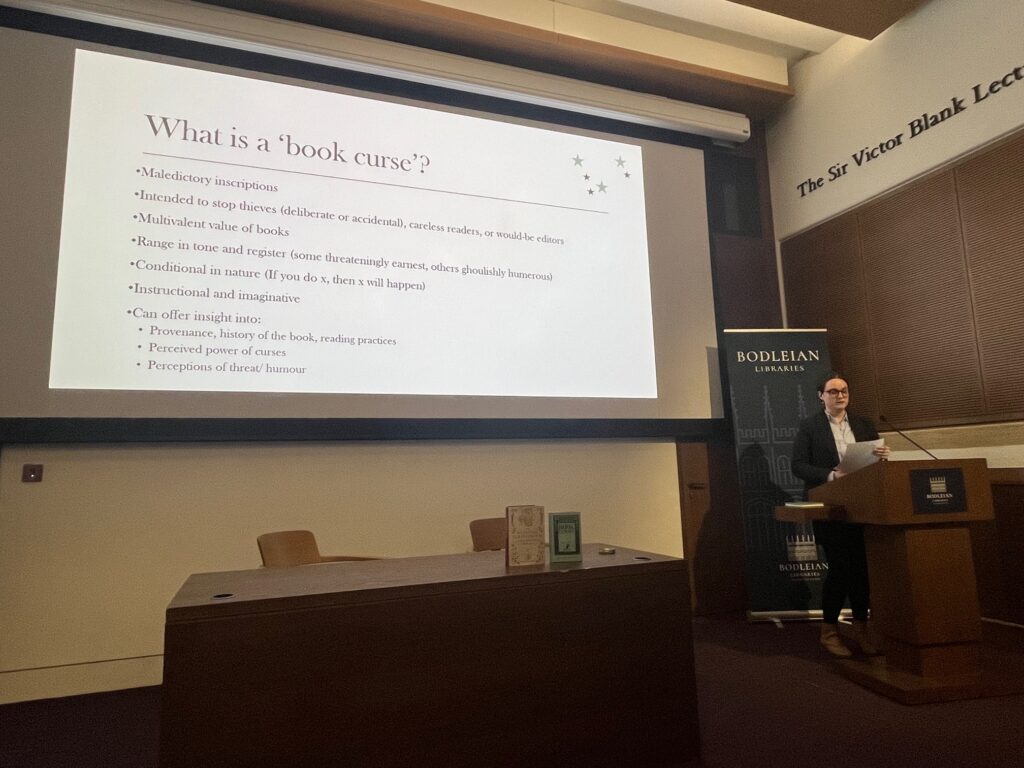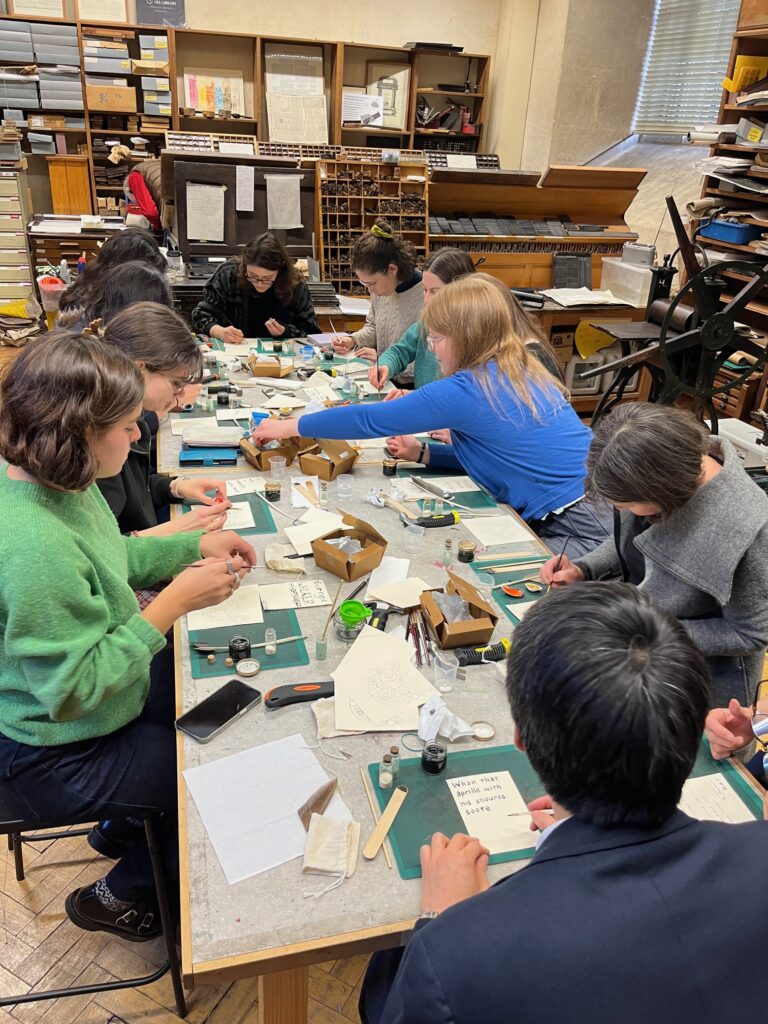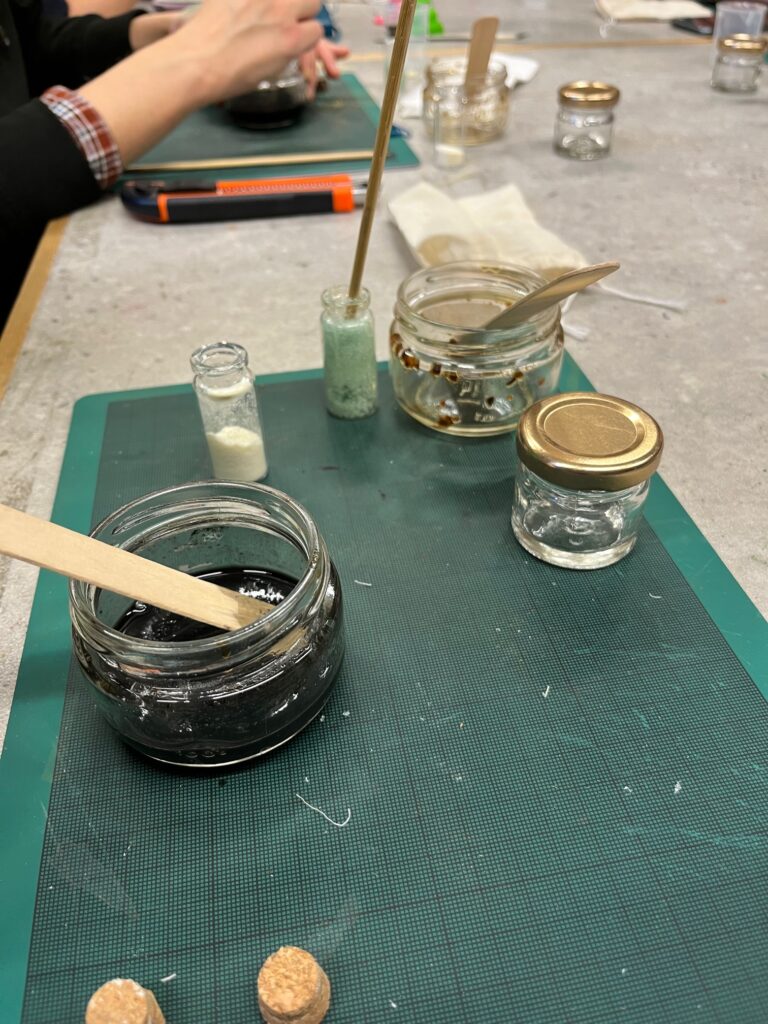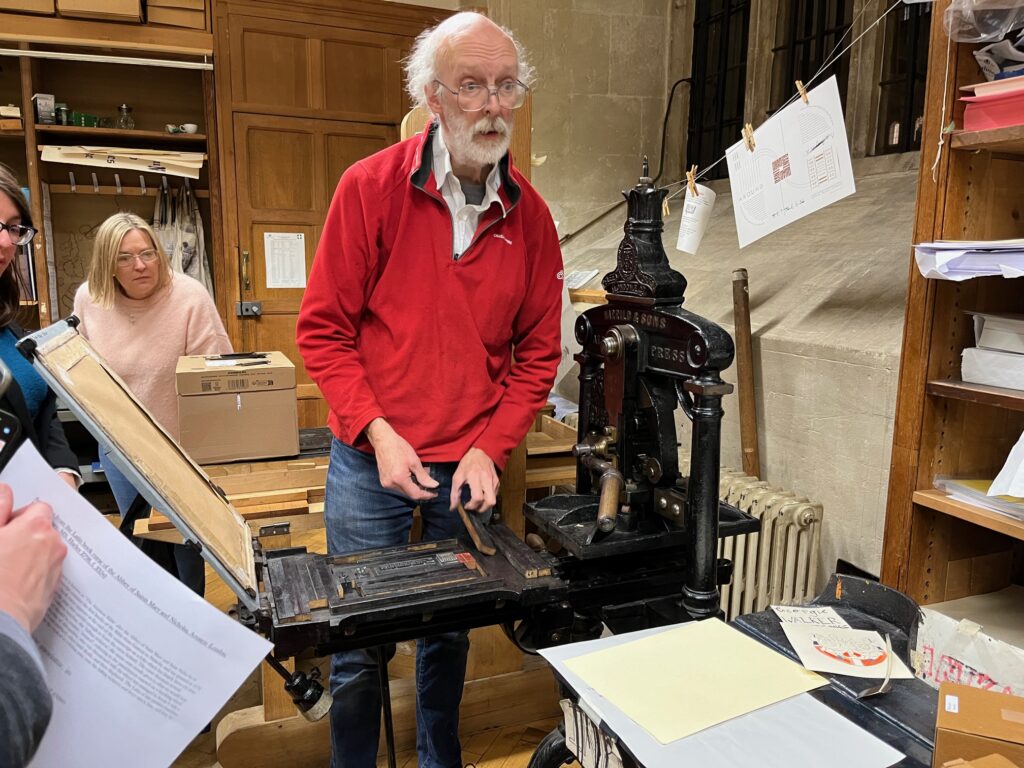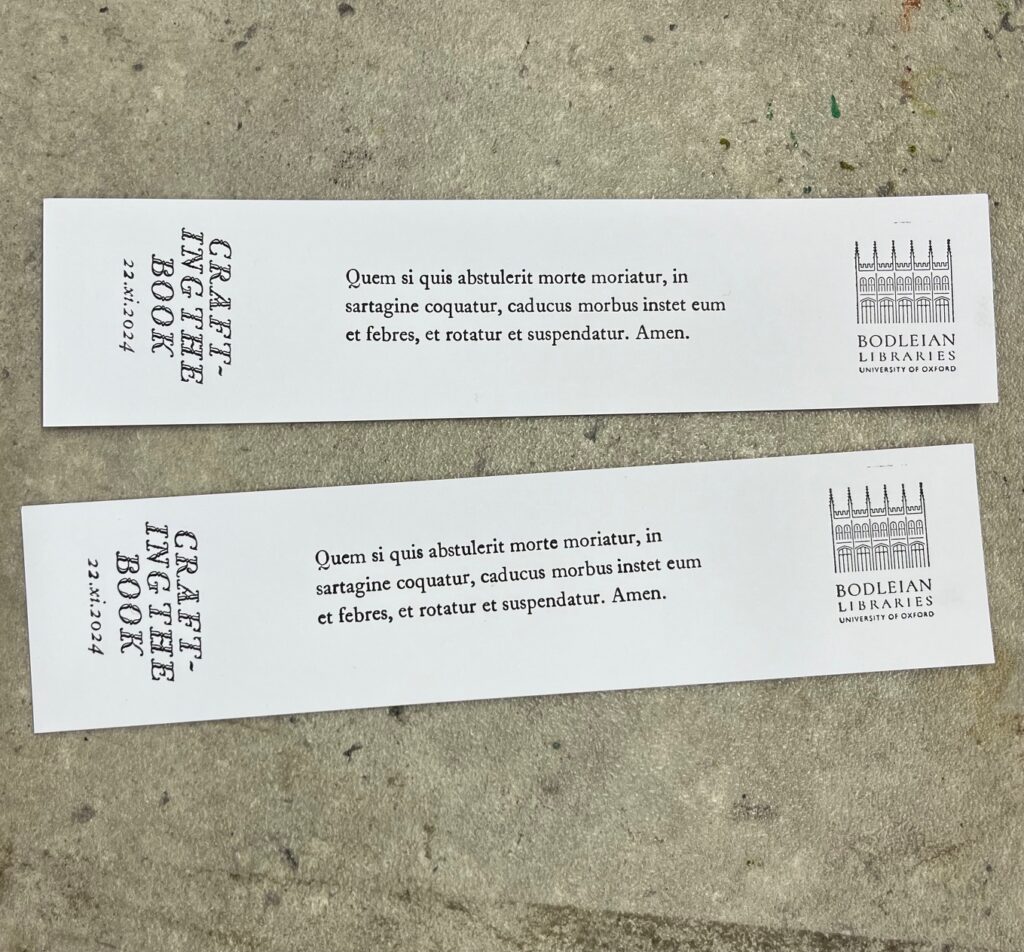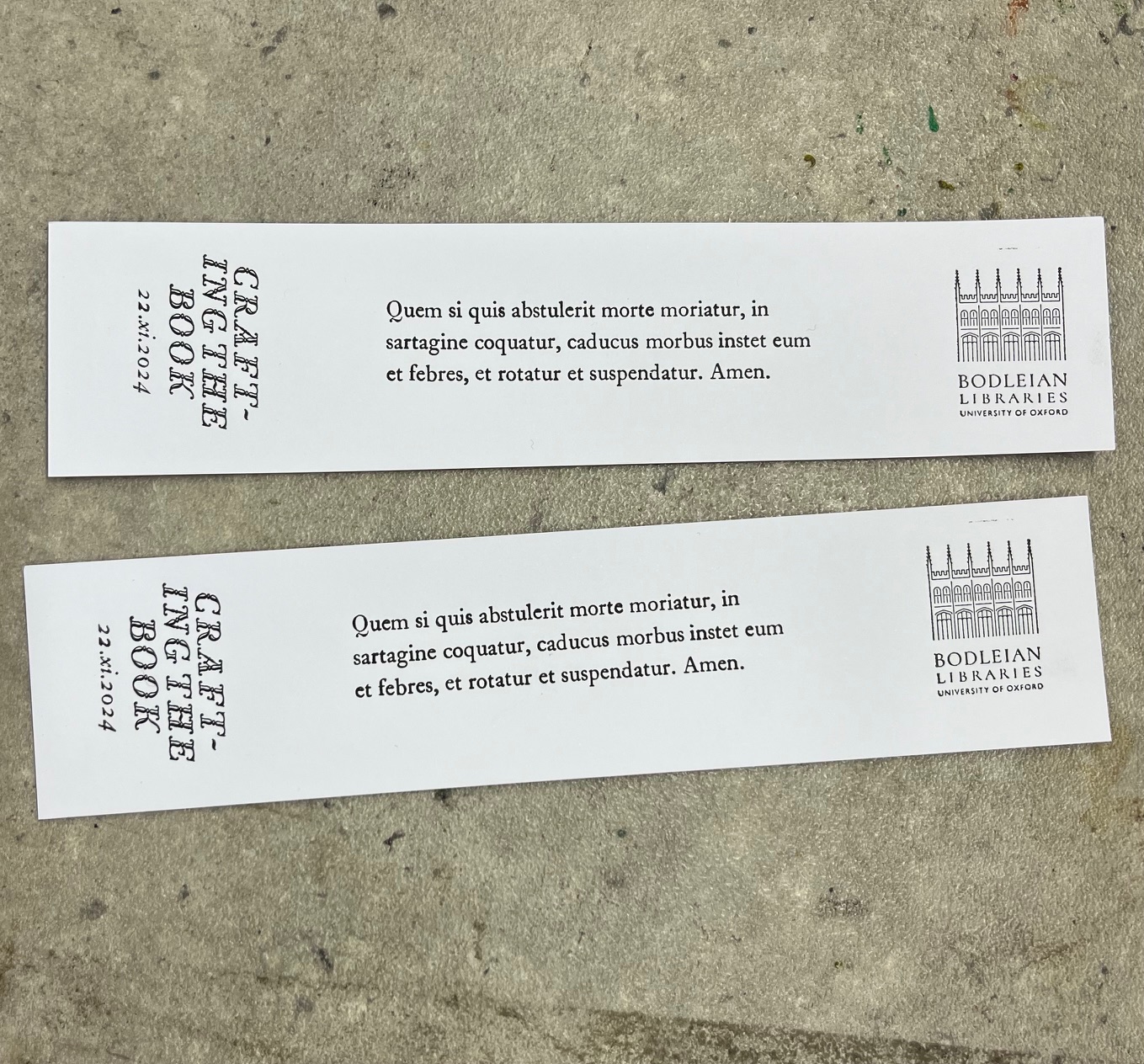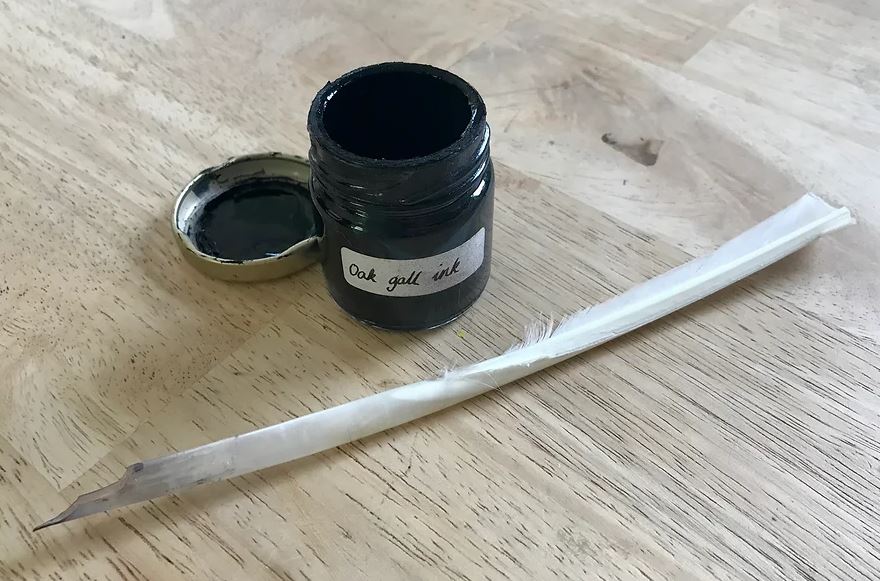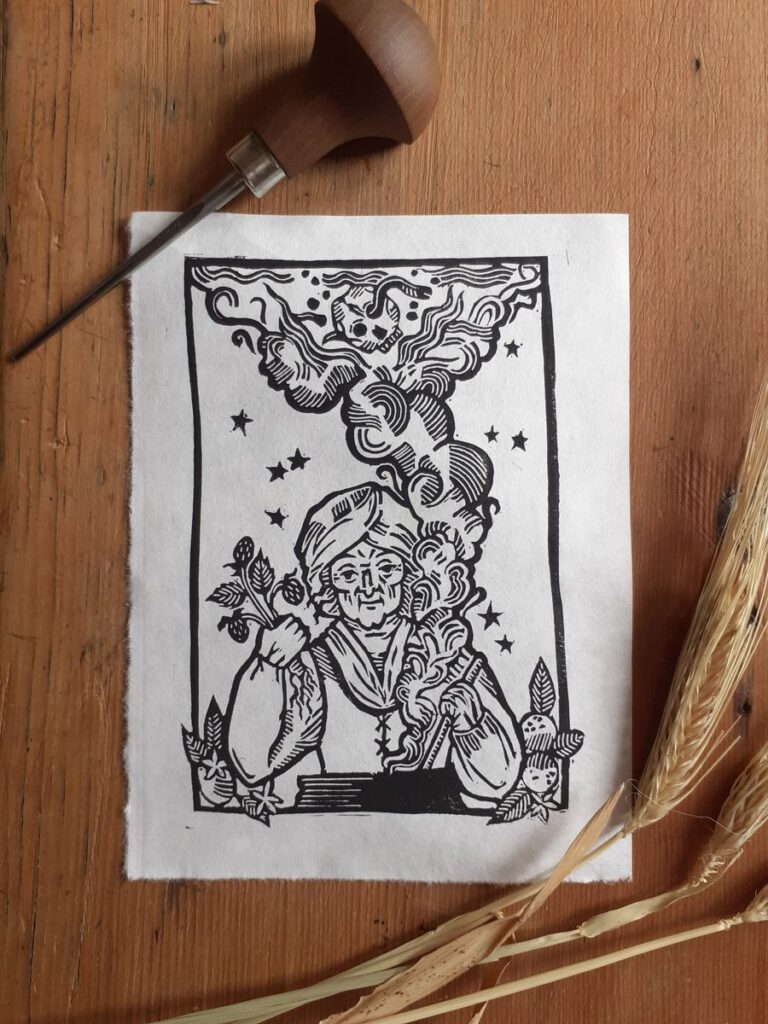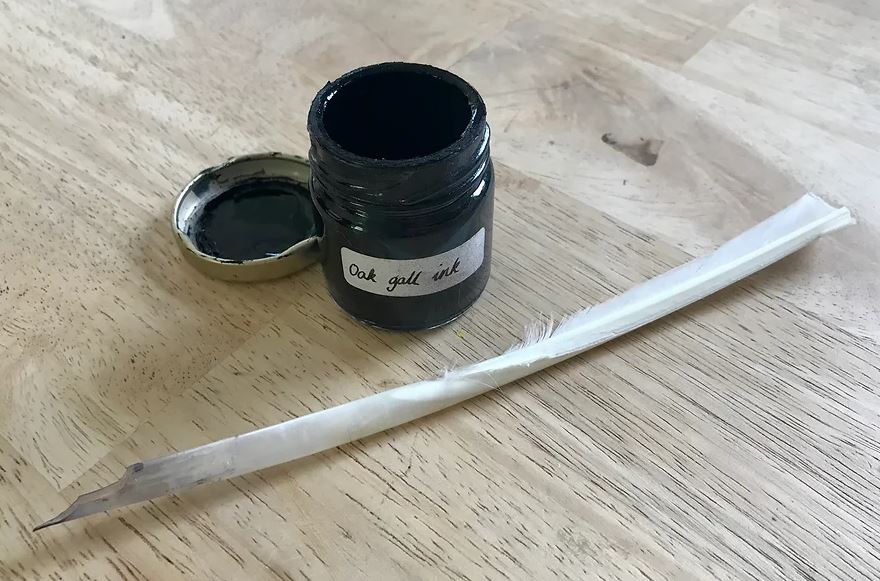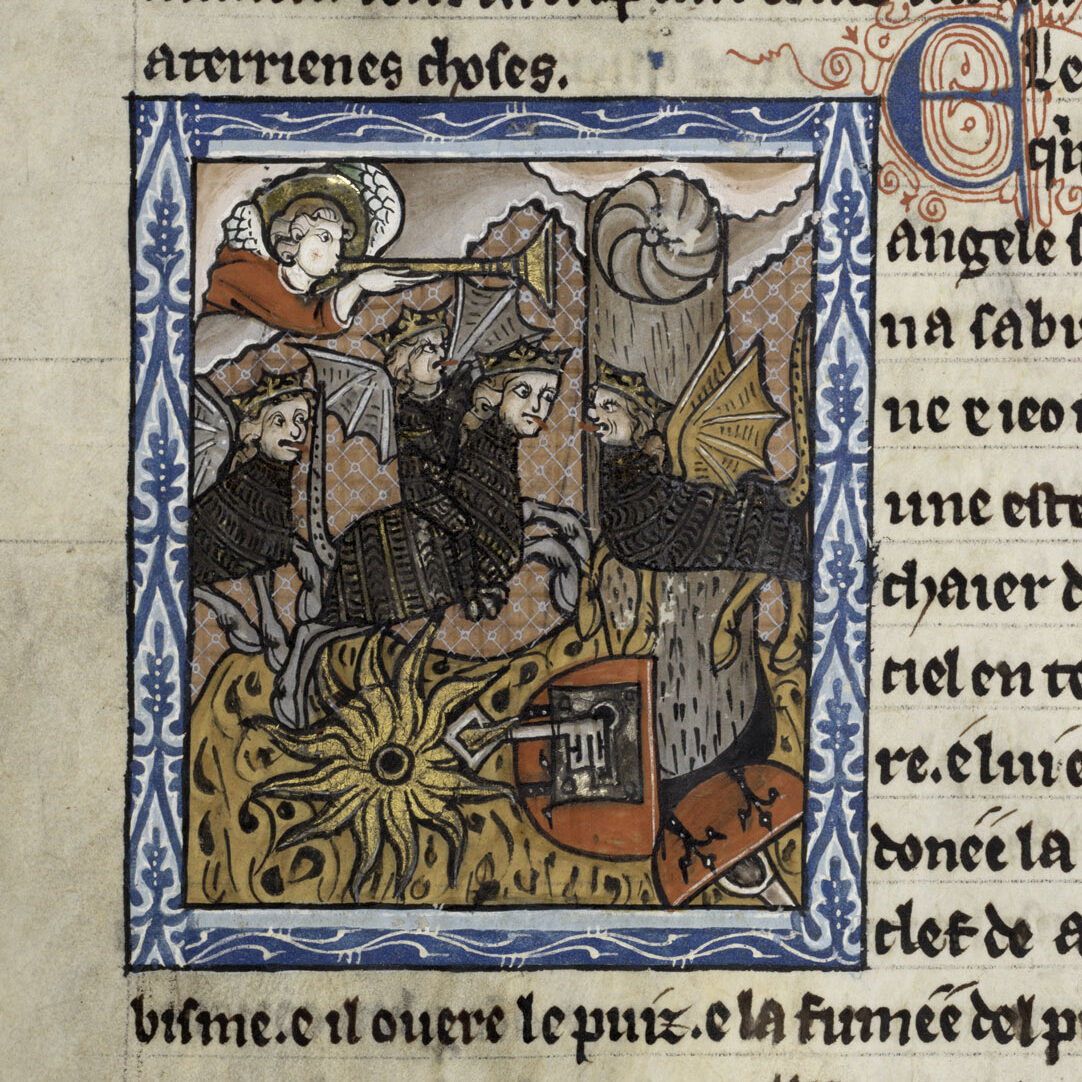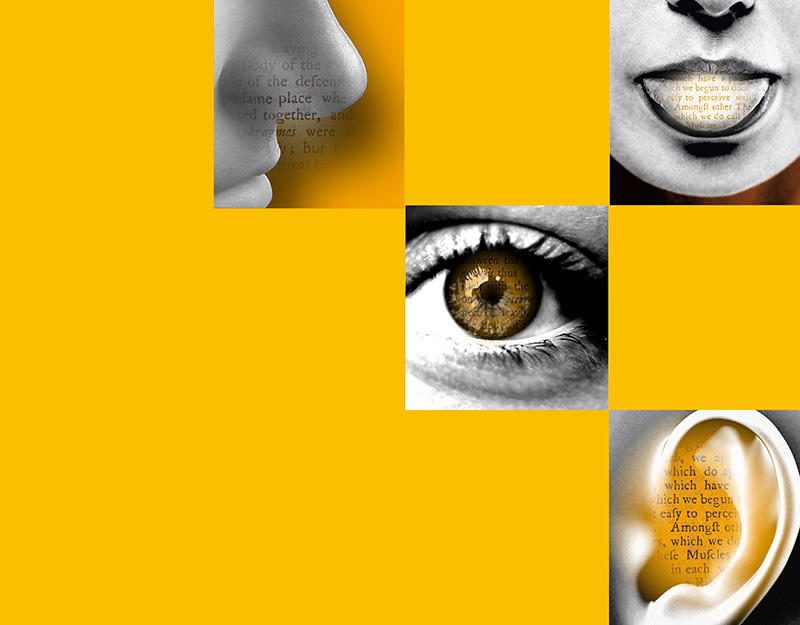The Centre for Manuscript and Text Cultures (https://cmtc.queens.ox.ac.uk) will host the international conference ‘Articulation of Silence from a Gendered Perspective’ on the 26th, 27th, and 28th of September.
The main objective of this conference is to investigate the articulation of silence in text and manuscript cultures in different premodern traditions (https://mtc-journal.org/index.php/mtc) (Greece, Medieval Europe, China, Japan, Korea, India, ancient Egypt and the Middle East), from a (global?) gendered perspective. We define here ‘silence’ as an expression of the act of the non-articulation in texts and manuscripts of different genres and written on different kinds of material carriers, and invite papers that ‘unmute the muted’ or ‘hear the unheard’. By adopting a gendered perspective in the study of silence, we encourage scholars to be attentive to the silence of both individuals and groups that belong to the non-dominant social, political, and intellectual class in their respective cultures. The conference aims to bring together a diverse group of speakers, including both junior researchers and experienced scholars, coming from different disciplinary backgrounds, with the goal of fostering a lively interdisciplinary debate on the topic.
The conference will take place in the Lucina Ho Room of the China Centre from 9.30am to 5pm on the 26th, from 10am to 7pm on the 27th, and from 9am to 1pm on the 28th.
Conference ‘Articulation of Silence from a Gendered Perspective’
University Oxford, China Centre, Dickson Poon Building, Canterbury Rd, Oxford OX2 6LU September 26th–28th 2023
Topics may include, but are not limited to:
- Silencing of the voices of ‘the others’ as expressed in the texts
- Female strategies to control the male narrative and male voices, and vice-versa
- Strategies of the texts in prioritising the male over the female voices
- Cases of disregard or disrespect of female and other voices, turning them into silence
- The materiality of voicing gendered silence
- The material contexts of gendered silence
- Reception strategies of dealing with queer voices in manuscriptsThe conference aims to bring together a diverse group of speakers, including both junior researchers and experienced scholars, coming from different disciplinary backgrounds, with the goal of fostering a lively interdisciplinary debate on the topic.Our aim is that the papers presented at the conference will be published in the 2025 spring volume of the journal Manuscript and Text Cultures.Organizers: Dirk Meyer (University of Oxford), Lisa Indraccolo (Tallinn University), Stefka G. Eriksen (University of Oslo)
CONFERENCE SCHEDULE
26TH SEPTEMBER
9:30 –10:00 OPENING SPEECHES AND INTRODUCTION (Meyer/Eriksen/Indraccolo)
10:00 –10:15: COFFEE BREAK
10:15–12:00 FIRST SESSION: SILENCE AND THE BODY Chair: Dirk Meyer (University of Oxford)
Stefka G. Eriksen (University of Oslo)
“Women Controlling the Narrative in Old Norse Culture: Silencing the Male Voice and Obstructing the Male Gaze”
Andreas Serafim (Nicolaus Copernicus University, Torun)
“Making silence speak: Body behaviour and kinaidia in ancient literature”
12:00 –14:00 LUNCH BREAK
14:00–15:45 SECOND SESSION: SILENCE AND MATERIAL CULTURE Chair: Stefka G. Eriksen (University of Oslo)
Elizabeth Frood (University of Oxford)
“She is spoken for: self-presentation and presenting female selves in ancient Egyptian temple statues”
Vincent Debiais (EHESS Paris)
“Gendered Silence & Gendered Images in the Latin West”
15:45–16:15: COFFEE BREAK 16:15: 17:00 ROUND-UP DAY 1
27TH SEPTEMBER
10:00–11:45 THIRD SESSION: SILENCE AND THE AUTHORIAL SELF Chair: Dirk Meyer (University of Oxford)
Elsa Kueppers (Ruhr University Bochum)
“Beyond the Inner Room: Records of (Imagined) Journeys by Chosŏn Korean Women”
Julia Rüthemann (EHESS, Paris)
“Female silence and authorship in late medieval courtly first-person narratives”
11:45–14:00 LUNCH BREAK
14:00–15:45 FOURTH SESSION: SILENCE, LITERARY CULTURE AND THE CANON Chair: Lisa Indraccolo (Tallinn University)
Dirk Meyer (University of Oxford)
“You are (not) muted: gendered power structures of silence in the Shī manuscripts of Ānhuī University”
Jennifer Guest (University of Oxford)
“Silence in the Pillow Book: the power of missing texts in the early medieval Japanese court”
15:45–16:15: COFFEE BREAK
16:15 –17:45 FIFTH SESSION: SILENCE AND TRANSGRESSION Chair: Stefka G. Eriksen (University of Oslo)
Lisa Indraccolo (Tallinn University)
“Girls Gone Bad – ‘Evil women’ and the gendered use of silence as a control tool in early China”
Kate Crosby (University of Oxford)
“Unheard, unseen and central: the long shadow cast modern Theravada by early struggles with female agency”
17:45-19:00 ROUND-UP DAY 2
28th SEPTEMBER
9:00–10:45 SIXTH SESSION: SILENCE AND DISOBEDIENCE/DISSENT Chair: Dirk Meyer (University of Oxford)
Thomas Crone (IKGF Erlangen–Nürnberg)
“Silence as a Sign of (Male) Powerlessness? The Case of the Western Han Manuscript Wang Ji 妄稽 (Ms. Baseless)”
10:45–11:15 COFFEE BREAK
11:15 –13:00 FINAL ROUND-UP DISCUSSION

BOOK OF ABSTRACTS
Stefka G. Eriksen (University of Oslo)
“Women Controlling the Narrative in Old Norse Culture: Silencing the Male Voice and Obstructing the Male Gaze“
A popular motive in medieval literature encompasses the meeting between a woman and a man, when, for various reasons, the woman either demands of the man that he does not tell anyone about her (she controls his voice/ demands silence of him), or she does not allow him to see her (she controls his gaze/ makes him non-seeing). This motive gets realized in a number of Old Norse translations too from the middle of the thirteenth century, such as some of the short stories of the Strengleikar-collection (based on lais of Marie de France), or Old Norse translations of romances by Chrétien de Troyes and Partalopi saga (based on Partonopeu de Blois). In this paper, I will investigate how the topic of female control of the male voice and gaze is adapted to the Old Norse cultural context, by comparing the Old Norse translations to their European sources and to other indigenous Old Norse texts containing similar motives. A secondary main question in this investigation will be whether speaking/ non-speaking and seeing/ non-seeing may be seen as parallel affordances or handicaps in medieval culture and whether they were related to gender differently.
Andreas Serafim (Nicolaus Copernicus University, Torun)
“Making silence speak: Body behaviour and kinaidia in ancient literature”
This paper puts forward the argument that kinaidia, roughly referring to passive homosexuality and effeminate deportment, is reflected in nonverbal and inarticulate body markers that most succinctly describe self, what one does (akin to the theories of S. de Beauvoir) to be. The purpose of the paper is threefold: first, to explore passages that have been largely underexamined in scholarship (e.g. Archilochus fr. 327 and 328 which are notable in presenting a kinaidos as having the embodied and moral markers of a bad prostitute); second, to exploit textual (Book of Physiognomy, 4th century AD) and non-textual sources (the Kroisos Kouros and the discus- thrower by the sculptor Myron) to present a physiognomic vignette of the hoplite, which stands in sharp contrast to that of a kinaidos, as argued in Aeschines 2.150-151; and third, to substantiate the claims that involuntary and unconscious bodily reactions indicate kinaidic identity. Diogenes Laertius 7.173 and Dio Chrysostom 33.53-54 make, specifically, the case that sneezing reveals kinaidia because of uncontrolled embodied performance, especially regarding sound, gesticulation, and stature. The silent human body has its own ways to speak volumes about the sex and gender of individuals.
Elizabeth Frood (University of Oxford)
“She is spoken for: self-presentation and presenting female selves in ancient Egyptian temple statues”
She is gracious. She is hospitable. She is grieving. And, most usually, she is silent. These are conventional characterisations of elite women in Egypt’s New Kingdom and early Third Intermediate Period (ca. 1539 – 715 BCE) as incorporated into the monumental display of their male relatives or, very rarely, into their own separate memorials. This paper explores the implications of such self-fashioning, particularly through temple statues and the voices that are occasionally ascribed to women on them. Although these representations in image and text were almost certainly designed and composed by men, in itself deepening women’s silence, they may offer ways to reconsider the material, performative presence of some (statue) individuals in temple environments. This is especially the case in the early first millennium BCE when possibilities for independent female self-presentations were expanding.
Vincent Debiais (EHESS Paris)
“Gendered Silence & Gendered Images in the Latin West”
Art from the Western Middle Ages has transformed silence into images. This visual singularity, which transfers something that cannot be heard into something that can be seen, is linked to the fact that silence, in the context of the Christian culture of asceticism and prayer, is both a social practice of speech control and a theoretical principle allowing the revelation and expression of realities that escape verbal language. These figures of silence in medieval art use color, geometry, or ornament, but they are also embodied in human figures who describe the experience of silence or participate in its regulation, especially within the monastery. In this paper focusing on images produced in monastic context in the Latin West between the 9th and 14th centuries, we will try to show that the gender of painted or sculpted figures denotes certain properties or qualities of silence and that they seek to make them resonate with the social environments to which they are intended. We will thus question the possible specificities of the silence of the monk and the nun, and the way in which it was put into image, analyzing the distortions, incongruities and theological or practical discourses produced on the gender of silence during the Middle Ages.
Elsa Kueppers (Ruhr University Bochum)
“Beyond the Inner Room: Records of (Imagined) Journeys by Chosŏn Korean Women”
This presentation explores the nexus of travel and writing, illustrating how these components constituted a transcending of boundaries—both spatial and societal—for elite women during the later Chosŏn Dynasty (16th-19th c.). Facing increasing societal restrictions rooted in the Confucian state ideology, these women were relegated to a secluded life within the “inner room” (kyujung 閨中), emblematic of the private sphere. However, there is evidence that many of these women yearned to venture beyond these confines, as vividly reflected in their records of imagined and actual journeys. As autonomous continuations of their journeys, the written accounts inscribe the women’s unique lived experiences with heightened significance and submit them into the literary space traditionally reserved for men. This makes them a testimony to a twofold trespassing: first, leaving the confines of the private sphere, and second, breaking silence by articulating these experiences in literature. Examining the self-narratives of Hŏ Nansŏrhŏn, Nam Ŭiyudang, and Kim Kŭmwŏn, the presentation seeks to illuminate how these authors maintained the delicate balance between the societal expectations for female silence and seclusion and the authentic expression of their voices.
Julia Rüthemann (EHESS, Paris)
“Female silence and authorship in late medieval courtly first-person narratives”
In late medieval first-person narratives about love, a text group spread throughout Europe in the late Middle Ages, it is usually a male author-narrator who tells his love experience with a young woman, authorizing him as lover and as author. His beloved appears as silenced love object out of reach with a symbolic value as in the Roman de la Rose (13th century) or – even if she functions as a co-creater of the text (as in the Roman de la Poire, 13th century) ‒ as textual projection ofthe male author. Moreover, at times, the beloved is super-posed with the allegory of love, being a mediating abstract principle that inspires the author to create poetry rather than a human person with her own voice. First, the paper aims to examine the link between female silence, allegory and authorship in love narratives by broadening the perspective on underlying medieval conceptions about language. The paper will then discuss the case of Christine de Pizan (1365-ca. 1430), a female author writing in French. When adopting the first-person stance and writing about love, it becomes obvious that she grapples with the function attributed to the female in courtly first-person narratives. She develops several creative strategies to be in the position of a female author: distancing herself from courting and stressing her role of the widow while telling the love stories of others or speaking from the position of allegory while breaking it open. When it comes to telling a love experience, not everyone is able to say “I” and be an author, or not in the same way ‒ depending on gender.
Dirk Meyer (University of Oxford)
“You are (not) muted: gendered power structures of silence in the Shī manuscripts of Ānhuī University”
A most common phrase of the years 2020/2021 was ‘you are muted’ (or: ‘you are on mute’), followed closely by ‘unmute yourself’. The two sentences display an intriguing power structure, one where the muted finds themselves in a subordinate position to the unmuted, but nonetheless, one where the muted does have the power, within limits, to unmute themselves. Many songs of the Shī 詩 (Songs) of the States (guó 國) in China of antiquity present a similar power dynamic. Often this dynamic is gendered. More so in the Ānhuī University Manuscripts (Ān Dà Shī) of the fourth century BC than in the Máo recension of the Western Hàn (202 BC–AD 9), we find an overbearing male narrative voice which is leaving little or no room for the female to articulate a response. But the female experience generally finds a way to re-frame the often- objectifying male gaze, which then affords power to the female to take the initiative. In this article, we analyse the strategies taken in some Shī-songs of the Ān Dà Shī to reframe the male perspective, so the female experience comes to voice even if the female persona of the song remains ‘muted’.
Jennifer Guest (University of Oxford)
“Silence in the Pillow Book: the power of missing texts in the early medieval Japanese court”
The Pillow Book (Makura no sōshi), an eclectic collection of lists and personal anecdotes by the Heian lady-in-waiting Sei Shōnagon (active c. 1000CE), has often been read in terms of its presumed silences. At one level, there is its refusal to give voice to tragedy: its central figure is Shōnagon’s patron, Empress Teishi, who was ultimately sidelined by rivals and died young — but against the backdrop of a literary culture that usually elevated poignant and melancholy themes,Shōnagon wrote nothing directly about Teishi’s sad fate or the decline of her court salon. At other levels, there are the gaps Shōnagon leaves in her depiction of court life, and her use of strategic silence as a storytelling technique, with many anecdotes centred on a missing poem or allusion. This talk explores another intersecting set of silences: the recurring concern with lost or unvoiced texts that runs throughout the Pillow Book, connecting stories about memory, loyalty, and the social uses of literary knowledge. In linking these various layers of silence, I will consider how both the absence and the silent presence of certain texts can be related to the author’s position as a woman, and specifically a lady-in-waiting, suggesting how the experience and performance of texts was gendered in the Heian court, and what creative possibilities this allowed.
Lisa Indraccolo (Tallinn University)
“Girls Gone Bad – ‘Evil women’ and the gendered use of silence as a control tool in early China”
Collection of stories of virtuous types, including women, often with a strong moralizing undertone, are a rather flourishing literary genre in China since ancient times (Kinney 2014). Filial daughters, deferential wives, devoted daughters-in-law, wise and attentive mothers: these are the roles prescribed for women in early China (ca. 6th cent. B.C.–2nd cent. A.D.) that they are required to embrace and in which they are expected to thrive at different stages of their lives, setting an example for future generations (Holmgren 1981; Nylan 2002). However, there is another side to this coin. Intellectually gifted, witty, shrewd and unconventional figures of unapologetically deviant, “problematic” women are also present in the literature (Fracasso 2005). As consequence for breaking social boundaries and conventions, they are typically silenced and presented in a bad light, accused of being promiscuous and corrupting men who have the disgrace of crossing their paths (Hinsch 2012). Often – but not invariably – deprived of a voice of their own, in the received literature they are blamed and condemned without appeal – a case in point being for instance the famous dialogue between Confucius and Lady Nánzi 南子 reported in the Confucian Analects (Lúnyǔ 論語) (Milburn 2010), the content of which remains shrouded in mystery. However, despite being silenced, some of these charismatic figures still play a fundamental role in the intellectual and literary landscape of the period. Also, certain sources are deliberately ambiguous, or at least somewhat less critical, when describing these “evil women,” some of whom are actual historical figures, and even allow the possibility for them to speak up for themselves. Through the analysis of selected cases of “evil women” drawn from pre-imperial and early imperial received sources, the present paper explores the ideological, moralizing and rhetorical use of silence to control women’s behaviour in early China.
Kate Crosby (University of Oxford)
“Unheard, unseen and central: the long shadow cast over modern Theravada by early struggles with female agency”
The attitudes towards women voiced in the early Buddhist canon are inconsistent. Sure, they are capable of enlightenment. Yet after the Buddha reluctantly allows women to become nuns, he then declares that their inclusion will wreak havoc, halving like a disease the lifespan of the religion that he has spent years designing to ensure its longevity. Sure, lust is an unwholesome mental state, a problem in the beholder not the beheld. Yet the monastic-centric texts at the same time convey women as dangerous temptresses ‘even when dying’. This paper provides some examples of how this background continues to set the tone in Theravada practice, and how it has obscured for both practitioners and scholars, the centrality of female agency, both actual and symbolic, in traditional Theravada literary and meditation practices.
Thomas Crone (IKGF Erlangen–Nürnberg)
“Silence as a Sign of (Male) Powerlessness? The Case of the Western Han Manuscript Wang Ji
妄稽 (Ms. Baseless)”
Wang Ji is a Western Han (202–9 BCE) narrative poem obtained by Peking University in 2009, along with several other looted bamboo manuscripts. The text depicts the eponymous and explicitly fictional wife Wang Ji (literally, “Baseless” or “Unattested”) and her jealousy of the concubine/secondary wife/female slave (qie 妾) Yu Shi 虞士. Although the poem caters to the notion common at the time that women should only express dissent and criticism if it was for the benefit of their male counterparts, a closer look reveals that the domestic hierarchies and role distribution displayed by the narrative of the Wang Ji poem draw a significantly different picture. As I will argue in my paper, the silence of Wang Ji’s in-laws and husband towards her initially polite and later increasingly violent forms of protest indicates an intellectual helplessness and social powerlessness that rarely surfaces in traditionally transmitted texts from the same period. Compared to many traditional narratives, in which marriages and domestic life are generally characterized by female loyalty and obedience, Wang Ji represents an odd and provocative counter-example, highlighting the potentially adversarial nature of gender relations during the early Han era.
